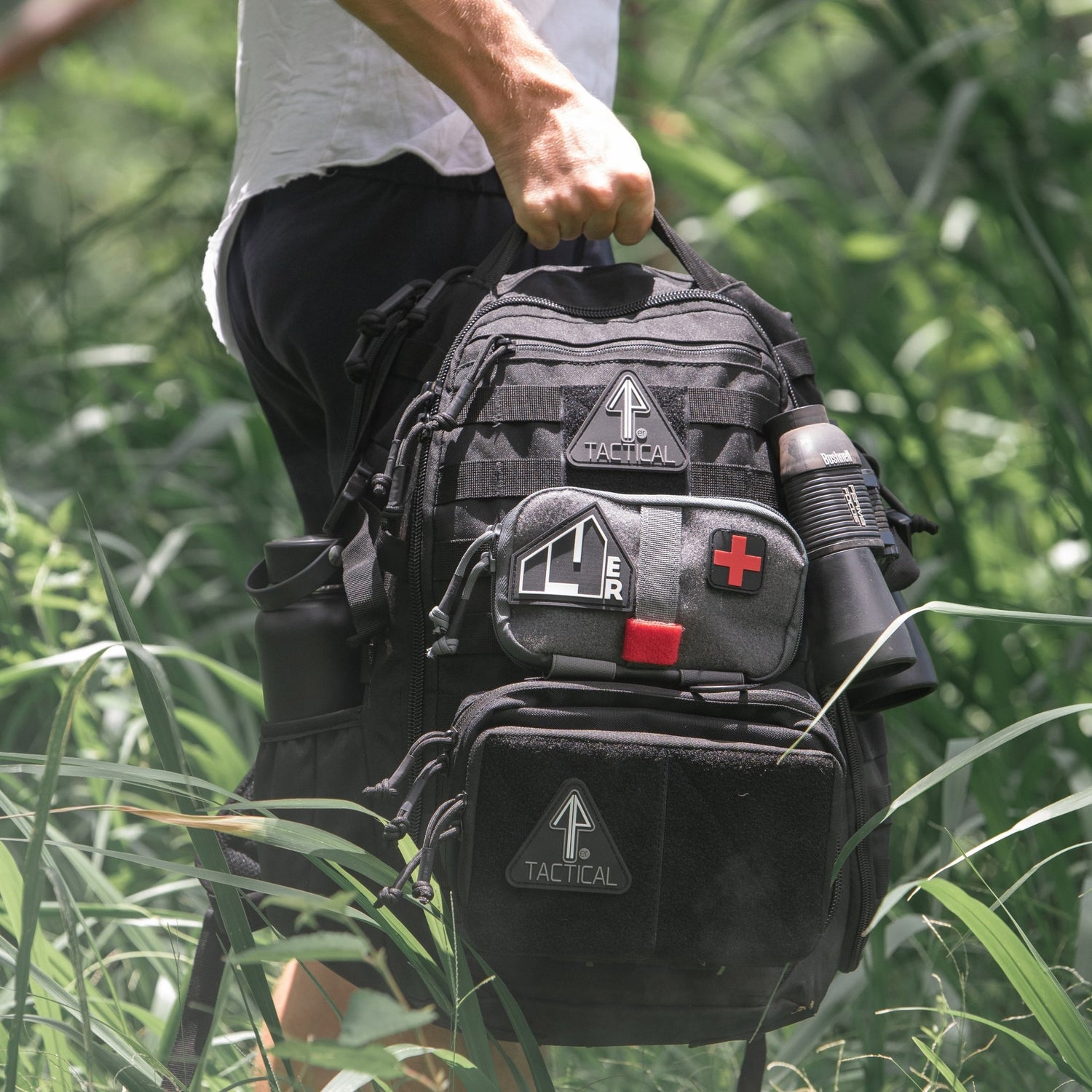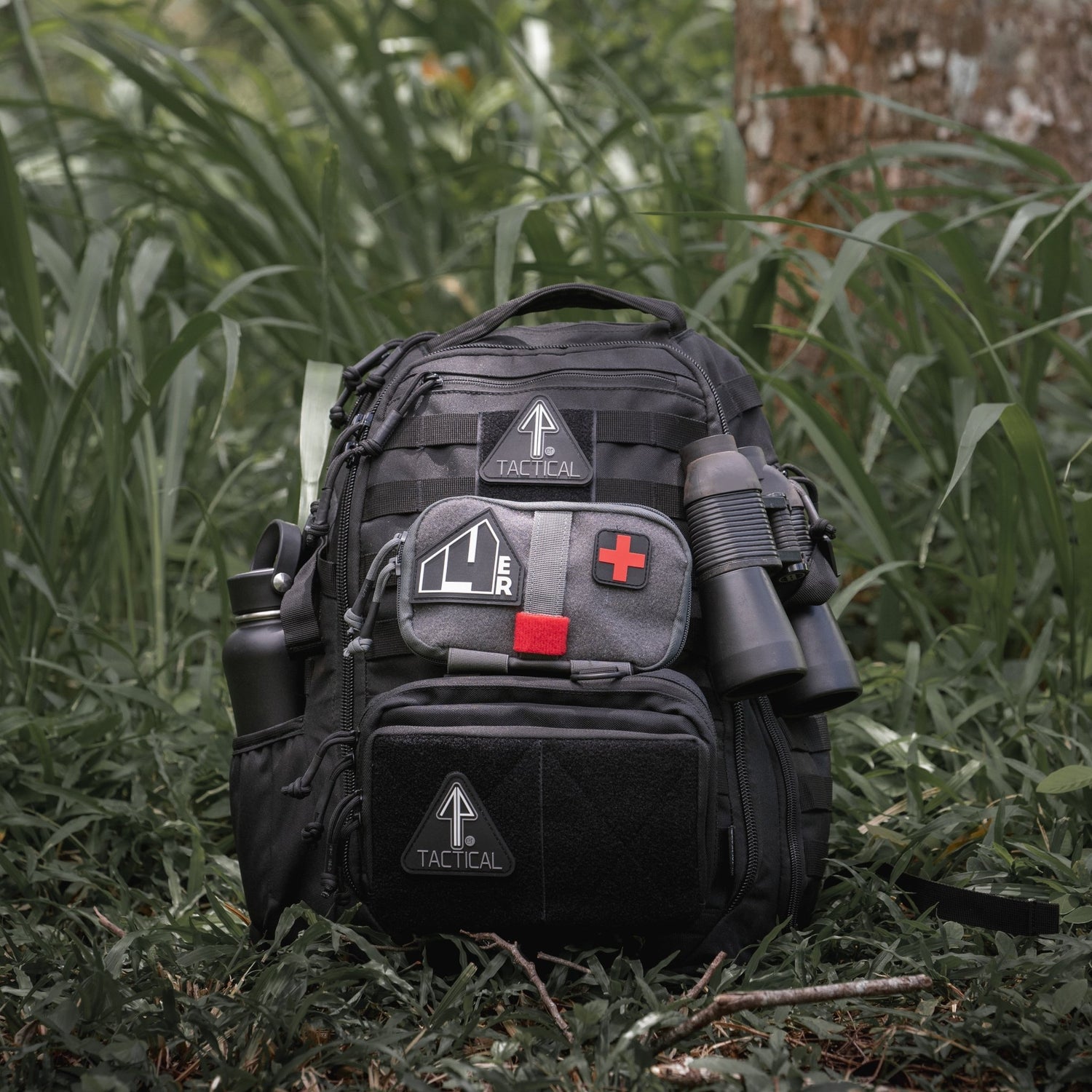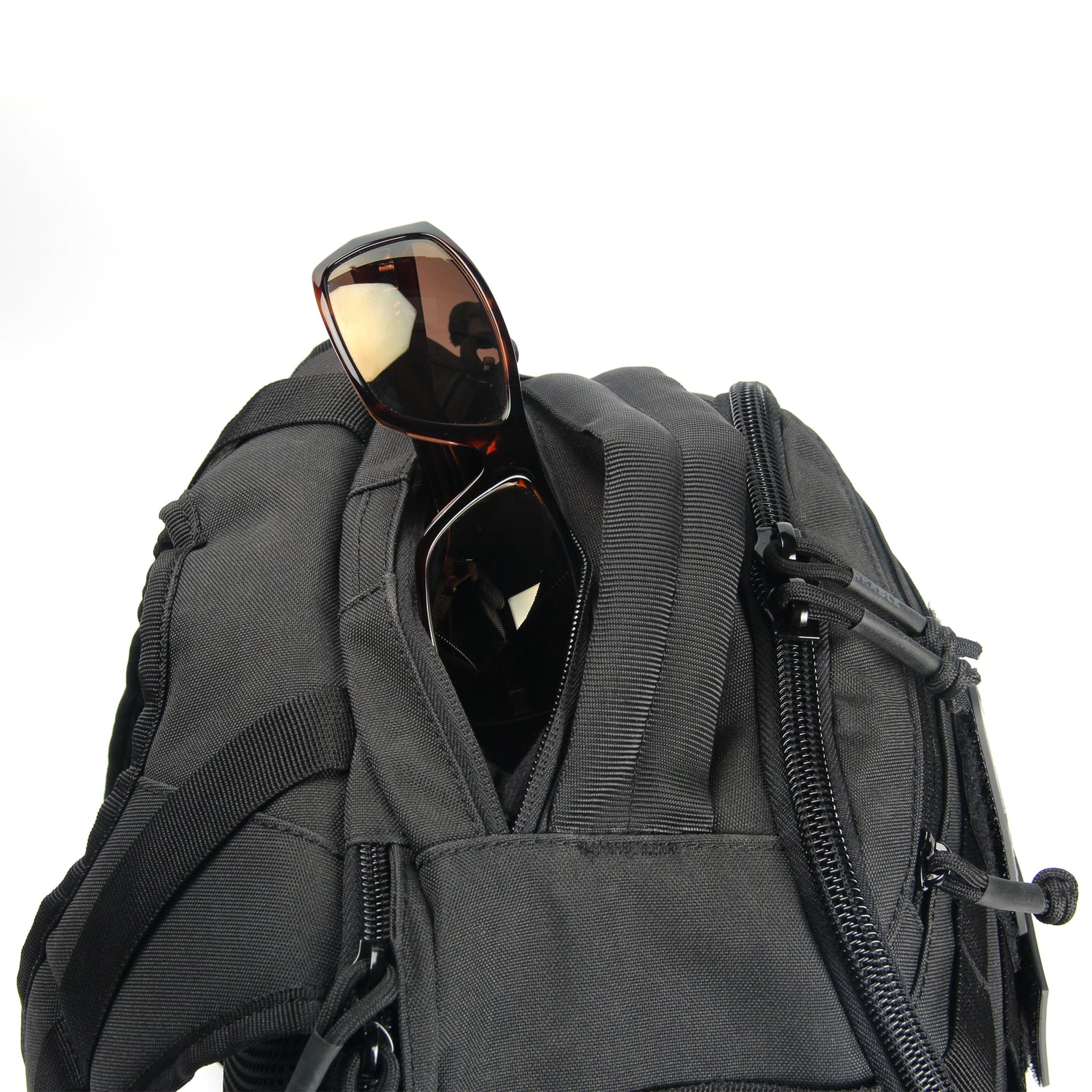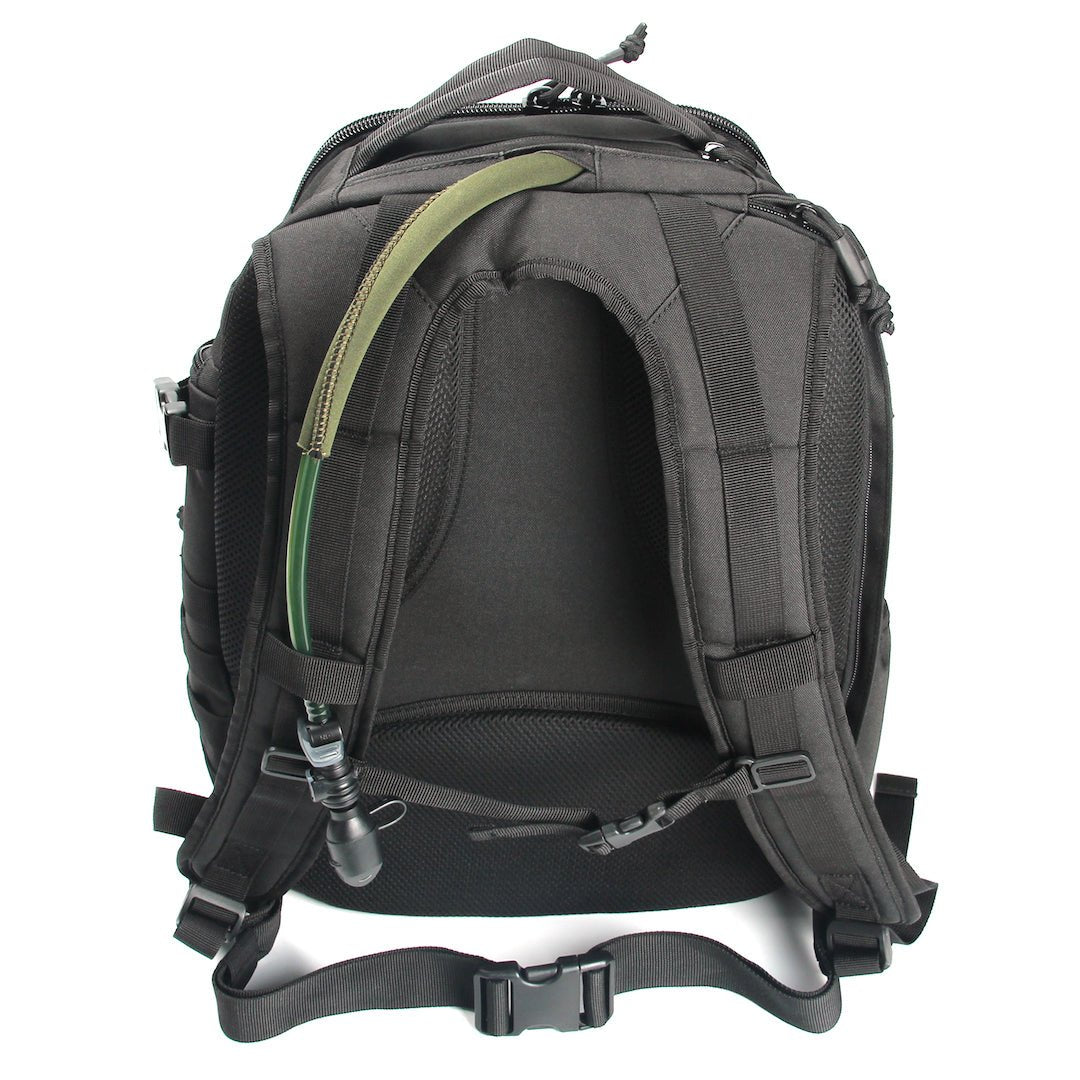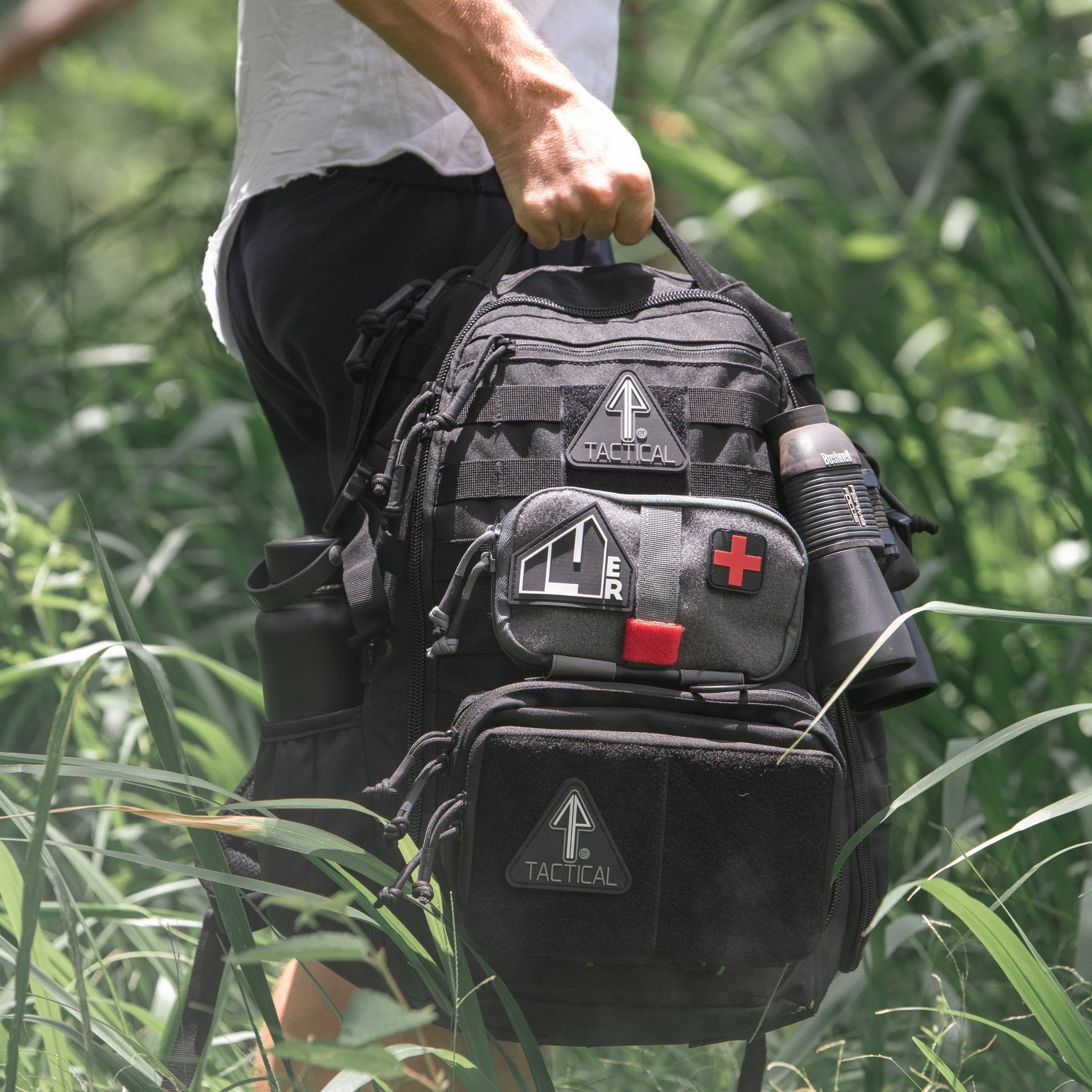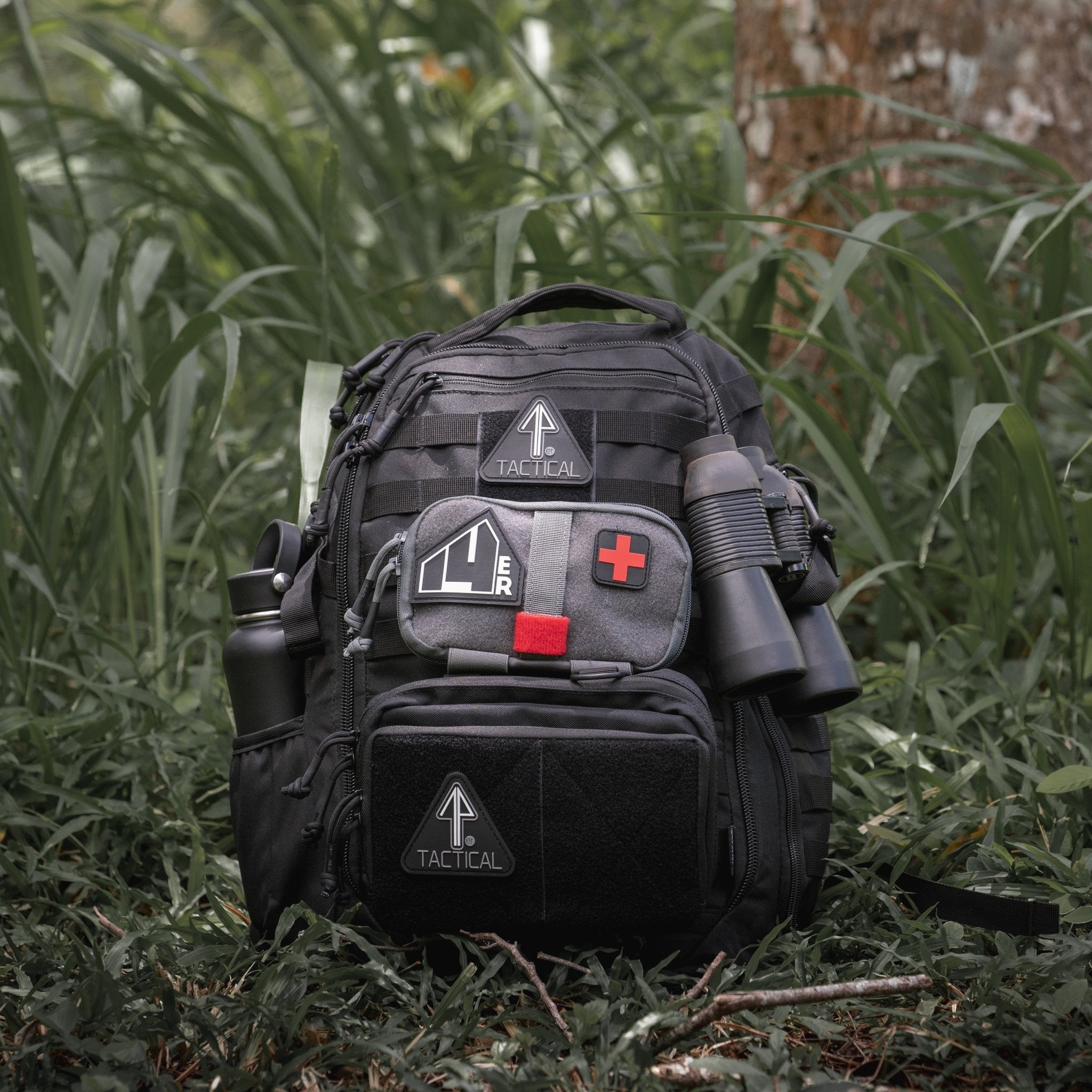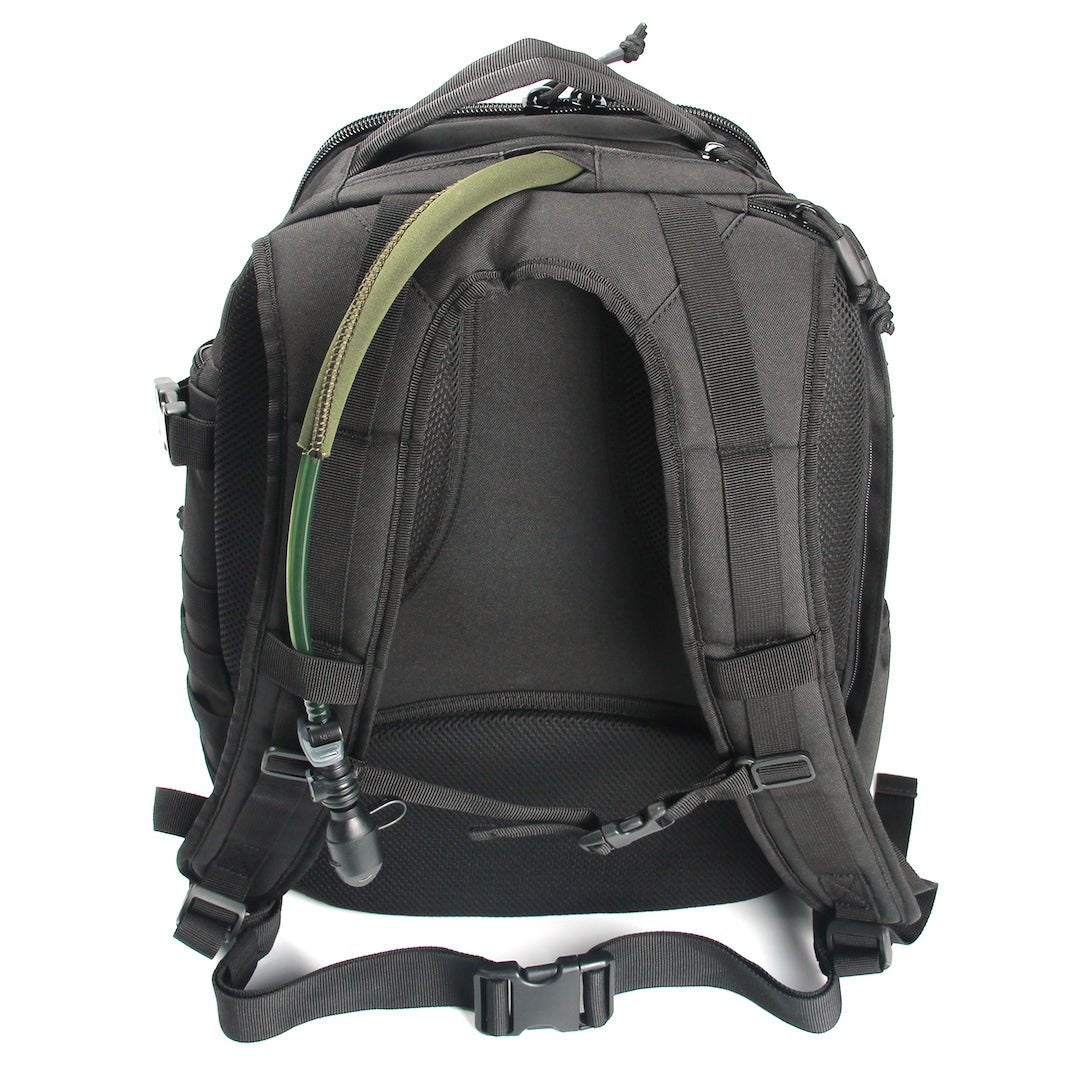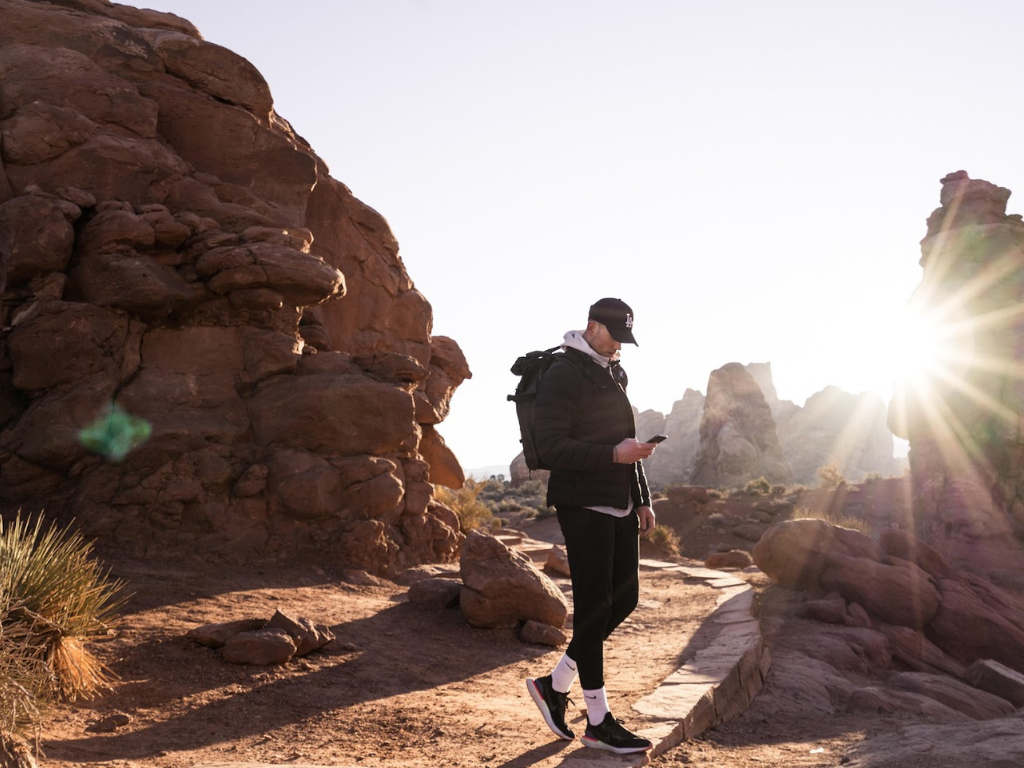
One amazing thing about hiking is that it’s not only great for physical fitness, it’s great for mental health as well! We all have stress in our lives, and without a good outlet, stress takes a toll on the mind—and eventually, on the body. You’ve got to find a way to relieve yourself of stress and get to a place of emotional well-being.
You’ve surely heard a lot of advice on how to improve one’s mental health, and it generally boils down to either self-medication or therapy. Hiking is an underrated option that doesn’t even come to mind for many people. We’re here to tell you that hiking offers a perfectly valid path toward better mental health. And it delivers additional benefits: greater endurance, a better physique and improved survival preparedness.
In this guide, we’re gonna explore the psychological effects that hiking can have on the average person. But first, let’s shed a little light on what makes it necessary to develop a strategy to boost one’s mental health.
How Mental Resilience Is Impacted By Stress
You have essentially the same biochemistry as your ancestor, a hunter-gatherer living on the savannah. A prehistoric existence was perilous and brutal. Your ancestor, like any other human, relied on the body’s fight-or-flight reflex to increase their chances of survival.
In comparison, your life in today’s world is so much safer. You’re not in a constant struggle to survive. That said, you still have the same fight-or-flight reflex—and it responds to stressors in the environment just as it did for your ancestor. Even when those stressors are such mundane events as a performance review or a heated argument.
In response, your body’s adrenal glands produce a stress hormone known as cortisol. It is a type of steroidal hormone that pumps up glucose levels in your bloodstream, initializing a spike in your energy level. Your brain is also affected, as it enters a heightened level of alertness, being on the lookout for potential threats.
Cortisol and stress are essential for survival. But if they are constantly triggered in non-survival situations, your body and mind will begin to suffer from the overproduction of the hormones. Chronic stress can cause you to experience high levels of the stress hormone for prolonged periods, which has detrimental effects on physical and mental health.
Hiking Benefits for Stress Relief and Mental Health
One way to counteract cortisol and stress is to remove yourself from the scenarios that set off the stress response. This may have a limited effect, however. If your mind and body are still recovering from elevated cortisol levels, you may get into a feedback loop that keeps your thoughts circling back to your memories of stressful experiences—and by reliving them, you set off the stress response anew.
Physical activity and movement can help you break out of such a loop and finally get on the right path toward improved emotional well-being. Exercise provides a release for bodily tension that results in a reduction of cortisol levels in your body. As your stress hormone levels decrease, you will feel much more relaxed and upbeat.
Hiking can prove an especially effective remedy. With this simple activity, you combine the cognitive benefits of hiking with the experience of nature therapy.
Vigorous hiking (and working out in general) causes the release of endorphins in your body. These are also hormones, ones that induce pain and stress relief. In addition, the practice of hiking has been known to promote mindfulness.

Mindfulness and Outdoor Wellness: The Other Great Hiking Benefits
Mindfulness is a state of heightened awareness, often achieved through the act of meditation. You can also approach mindfulness through certain physical activities, such as walking, running and (of course) hiking.
When you are hiking, you need to regularly assess your performance, along with your levels of energy and endurance. Such assessments are in sync with the self-awareness exercises that lead to mindfulness. That makes hiking an ideal physical activity for achieving mental clarity. The cognitive benefits of hiking beget mindfulness, and that in turn boosts mental health.
Outdoor wellness is another great benefit granted by hiking. Many studies have shown that spending time outdoors is conducive to stress relief and a positive state of mind. Immersion in nature greatly contributes to the psychological advantages of hiking.
So can we call hiking a form of nature therapy? We definitely can! It certainly provides mental health benefits, and all without the need for mood enhancing substances or a session on a psychiatrist’s couch.
More Cognitive Benefits of Hiking: Better Mental Resilience
Can hiking enhance your ability to deal with stress in your everyday life? Absolutely. Simply by training you to approach mindfulness, hiking helps you develop a brain that’s better equipped to counteract stress.
Remember how we connected stress to the body’s fight-or-flight response? And how that can trigger a state of intense alertness that can have detrimental effects if prolonged?
Mindfulness provides us with a tactical cognitive approach that can “cool down” the flight-ready, high-alert state of mind. This is a way of becoming mentally resilient.
A positive mood also contributes to mental resilience, and as mentioned, hiking is a good activity for improving one’s emotional well-being and energy level.

Getting Started with Hiking as a Transformative Activity
Have we convinced you of the psychological advantages of hiking and outdoor wellness? If you want to beat stress, you ought to give this “nature therapy” approach a shot! It’s a commendable option for getting started on your mental health journey—by doing the very thing you were planning to do anyway!
What we mean is that hiking is highly compatible with the tactical lifestyle. A seasoned outdoor trekker relies on resource management, survival skills and preparedness. These are competencies you’ll want to develop over the course of tactical training. Also, the psychological advantages of hiking—the building of mental resilience and clarity—easily translate into tactical advantages for you.
If you want to get started on hiking and don’t know where to start, check out the various guides we’ve put together on the 14er Tactical Resources Blog. Our guides can inform you of how to choose the right adventuring gear (such as tactical backpacks), what to pack for your next nature trek, what outdoor skills you’ll want to hone, and so on.
Here are some articles to check out now:




